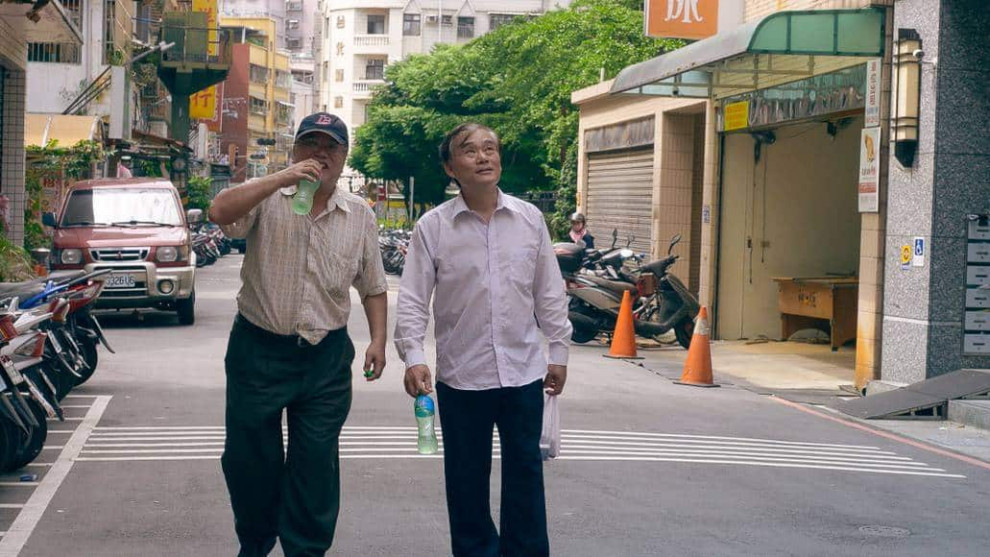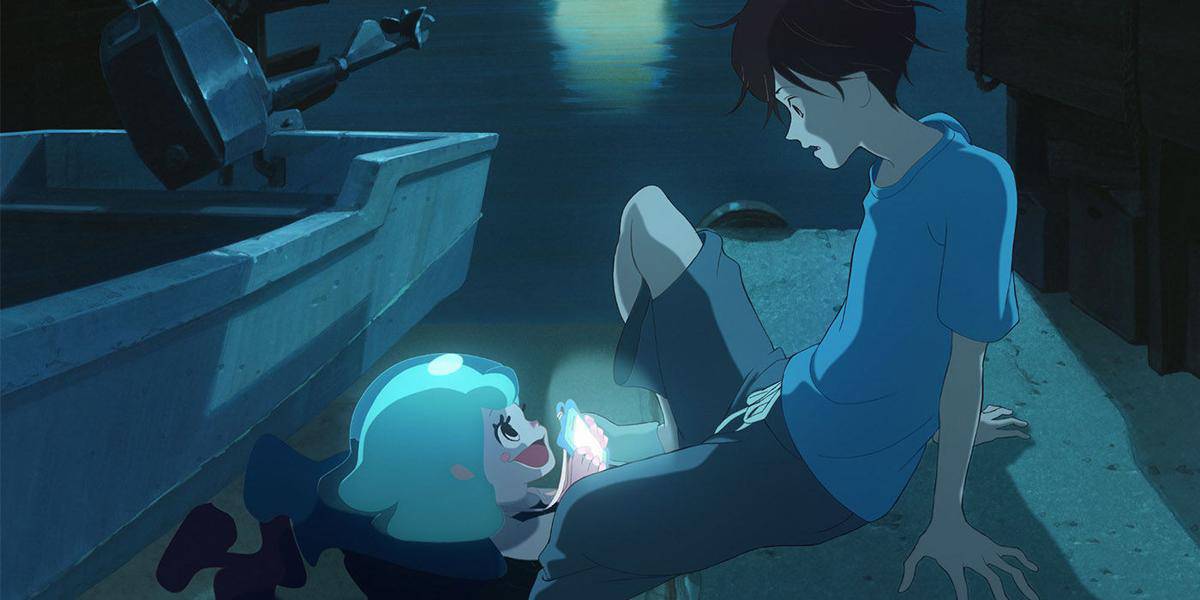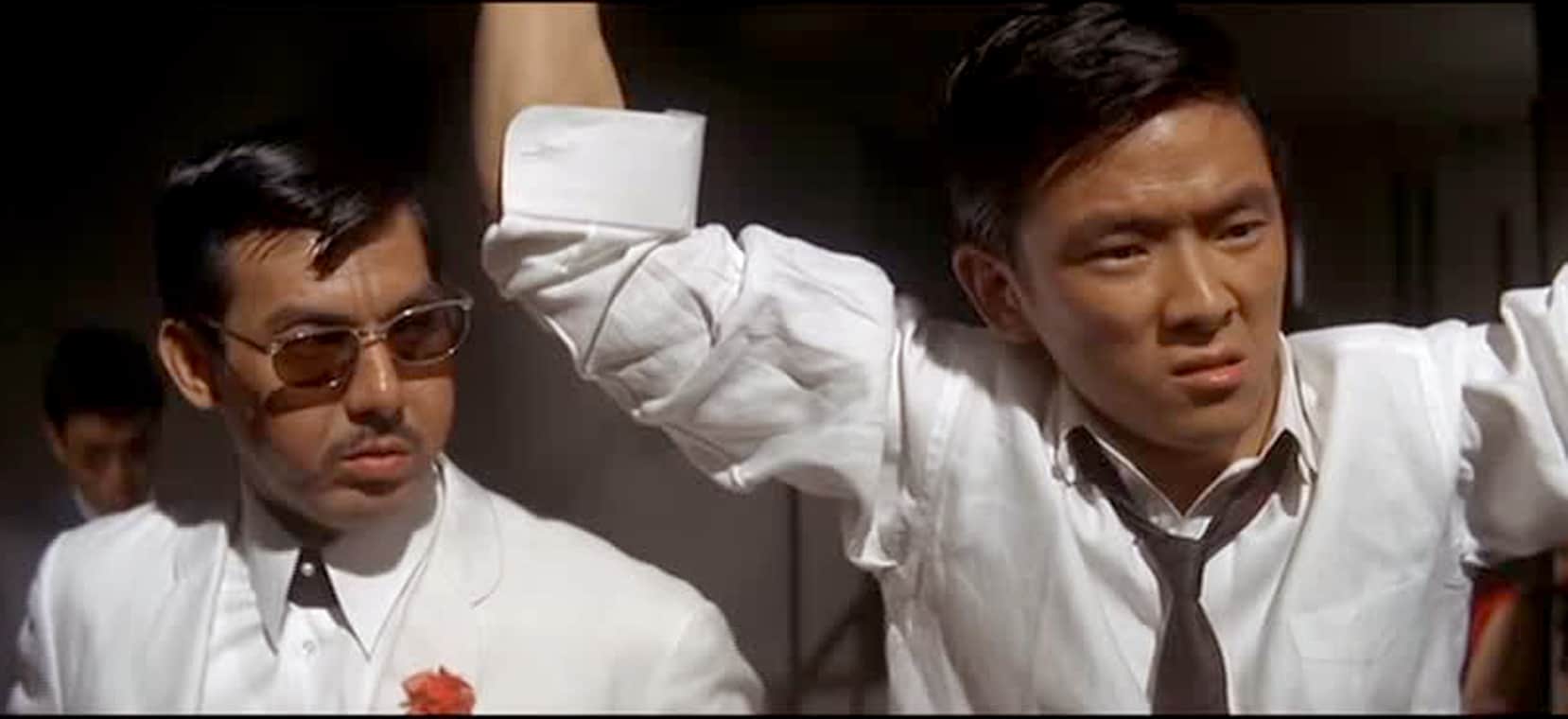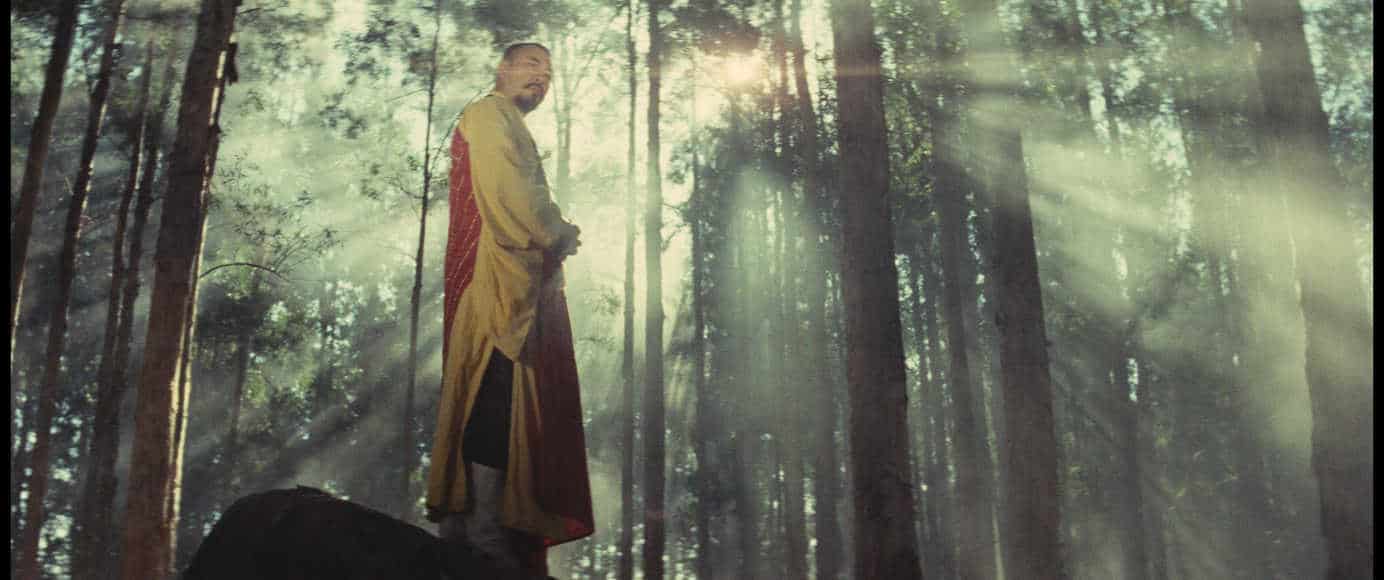For almost four decades, Taiwan existed under a period of martial law colloquially dubbed the White Terror; between 1949 and 1987 communism and opposition to the Kuomintang of any kind, real or not, was brutally suppressed by either imprisonment or execution. The country's transformation across the same time span since then has been nothing short of staggering, the rising tide of nationalism and cries for total independence from mainland China has only escalated and become louder since those first public elections back in 1996. But the journey to this point, of Tsai Ing-wen's recent re-election victory over Han Kuo-yu, has been nothing but fraught, perilous, and not without sacrifice. Liao Jian-hua's latest film, “The Price of Democracy” venomously reminds us of this, of the painful tolls afflicted on those who steered the country on its current trajectory, letting its sting gradually consume its audience until total paralysis takes over.
Personal, intimate, and overwhelmingly familiar, “The Price of Democracy” plunges us into the very ordinary lives of two grassroots activists, Tseng and Kang, not so much following their day-to-day existence but actually living alongside them. Tseng, a novelist who swapped writing about underclass women to marching on the frontlines, reminisces the lives of two fellow protesters who self-immolated whilst caring for her elderly mother. Kang, meanwhile, walks a more frugal path: having never earned more than minimum wage, he flat-shares with workers and friends to help spread costs and makes a living running errands for those who need something done. Though we learn, through others, of their roles and past activities, the film is more concerned with the here and now, of the impact their histories have had on their golden years, whilst exploring that very existential question “is it all worth it?”

The answer is not a straightforward one, and Liao, Tseng or Kang all seem vehemently opposed to provide a defining answer. Framed as a kind of visual essay, “The Price of Democracy” does not shy away from the very human truths of its two subjects, both of whom bear their innermost vulnerabilities to the camera without a moment's hesitation: both lost families and friends as a direct result of their political endeavours, and both have struggled greatly to make ends meet. But though the film's title outrightly states they've given greatly for the sake of their ideals the pride they boast for what they have accomplished is beyond overt. The love for Taiwan comes before the love of family; for many, this kind of patriotism verges on the extreme and though they aren't wrong it is understandably alien for those who take their civil liberties for granted.
Navigating through a concentrated cluster of emotions, Liao's film is unashamedly raw and brutal. It descends from a celebration of sacrifice to the stark realities of isolation and private despondency. The ravages of time claim the surviving shreds of personal connectivity Tseng and Kang desperately cling on to, ultimately making for a numbing experience; our own tenuous connection to these two hardened warriors of justice through the director – who has become too entwined with his subjects to cease his relationship once the credits roll – strengthens our empathy, rendering the need for forceful melodrama mute. Liao doesn't need to provoke a response as he knows the full extent of their endeavours, and thus treats his subjects with an endless supply of dignity, even if, as an outsider to their shared microcosm, his efforts infrequently come across as intrusive. The end result, however, is thoroughly humbling.

Due to the relationship between subject and filmmaker, “The Price of Democracy” does away with formalities altogether, and it shows in the film's composition. As if he were given full access to their lives, the cinematography is undeniably close and amenable without misleading the audience with their own boundaries – we know precisely where we stand. When coupled with the congenial pacing however, the enormity of the subject matter can feel a little heavy-handed, especially when the two relive some of their most memorable moments, but this does not dampen the film in any way. Because of all this, the overall impact hits home even more, forcing us to make sense of the gravity of Tseng and Kang's situation, and demands us to question if we two could sacrifice our own personal relationships for the betterment of our national kin.
At a time when socio-political and cultural upheaval sets the sky ablaze with an inescapably fervent electricity voices such as this film, shouting from the pits of their stomach with vibrant urgency, are becoming increasingly significant. It isn't necessarily for the stories they tell but how they are told, bridging a wider audience on such a personal level we cannot help but place ourselves in these people's shoes. And since the fears of losing a connective touch with our fellow humans are prominent in the global discourse, establishing such a very real connection with people very few of us will ever meet, who have given up so much, is beyond a commendable achievement in its own right. These are the voices we cannot afford to lose, the stories we cannot forget, as the world continues to be in an eternal state of transformation.















